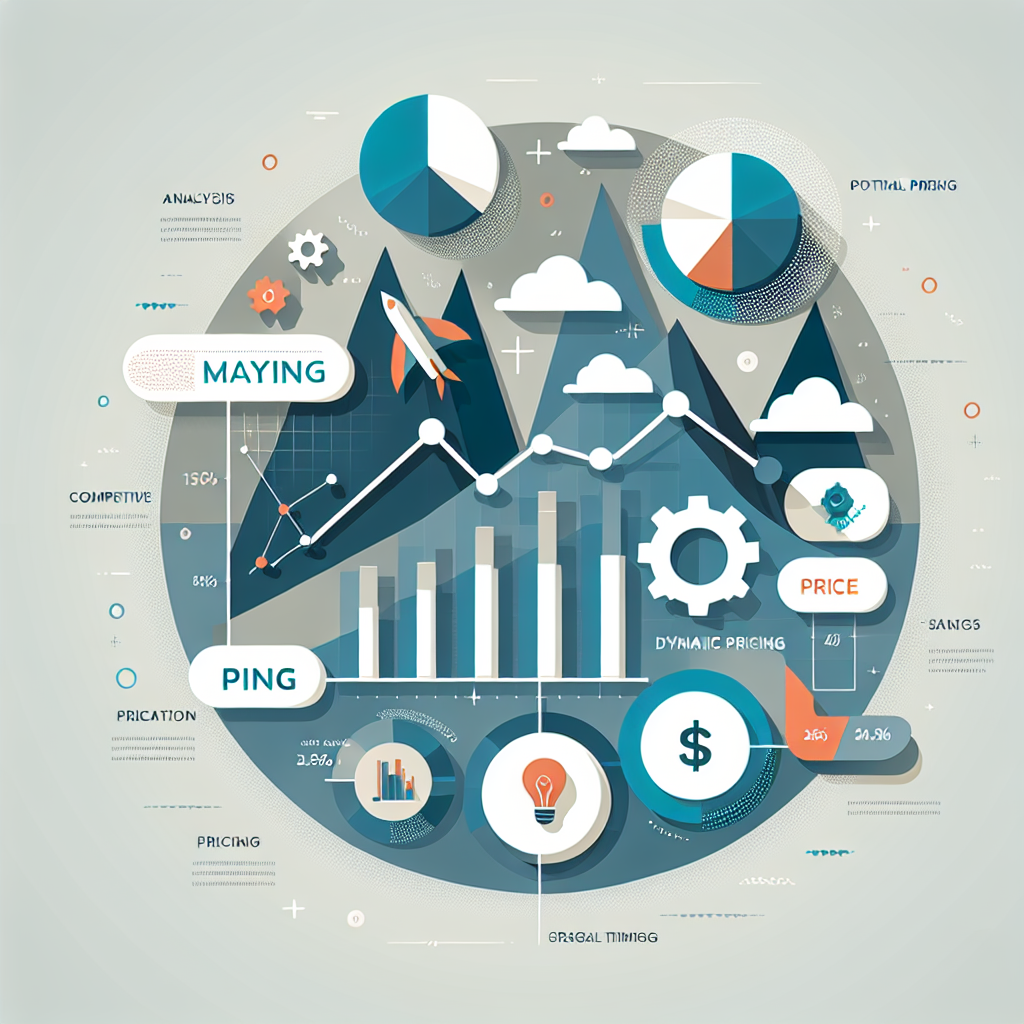Digital Marketing Basics: Understanding Digital Marketing Channels
In today's rapidly evolving digital landscape, understanding the fundamentals of digital marketing has become crucial for businesses of all sizes. At its core, digital marketing encompasses the promotion of brands, products, and services through digital channels. These channels have revolutionized the way companies connect with their target audiences, offering unprecedented opportunities for engagement, personalization, and measurable results.
The Evolution of Digital Marketing
Digital marketing has come a long way since its inception in the 1990s with the widespread adoption of the internet. What began as simple website advertisements has grown into a complex ecosystem of interconnected channels and strategies. Today, digital marketing is less about the "digital" aspect and more about effective marketing principles applied to digital platforms.
Key Digital Marketing Channels
Search Engine Optimization (SEO)
SEO remains one of the most critical components of digital marketing. It involves optimizing a website's content and structure to rank higher in search engine results pages (SERPs) for relevant keywords. Effective SEO strategies can significantly increase organic traffic and improve a brand's online visibility.
Key aspects of SEO include:
- On-page optimization
- Technical SEO
- Content creation
- Link building
Content Marketing
Content marketing focuses on creating and distributing valuable, relevant, and consistent content to attract and retain a clearly defined audience. This strategy aims to drive profitable customer action by providing information that solves problems or answers questions rather than explicitly promoting a brand.
Effective content marketing can:
- Establish thought leadership
- Build brand awareness
- Generate leads
- Nurture customer relationships
Social Media Marketing
Social media platforms have become integral to digital marketing strategies. They offer unique opportunities for brands to engage directly with their audience, build communities, and promote products or services. Each platform has its own strengths and audience demographics, requiring tailored approaches.
Popular social media platforms include:
- TikTok
Email Marketing
Despite the rise of newer channels, email marketing remains one of the most effective digital marketing tools. It allows for direct communication with prospects and customers, offering opportunities for personalization and segmentation.
Key components of email marketing include:
- List building
- Segmentation
- Personalization
- A/B testing
- Analytics and optimization
Pay-Per-Click (PPC) Advertising
PPC advertising involves placing ads on search engines or social media platforms and paying each time a user clicks on the ad. This model offers precise targeting options and immediate visibility, making it an essential component of many digital marketing strategies.
Popular PPC platforms include:
- Google Ads
- Facebook Ads
- LinkedIn Ads
Display Advertising
Display advertising encompasses visual ads placed on websites, apps, and social media platforms. These can include banner ads, video ads, and rich media ads. While often used for brand awareness, advances in targeting and retargeting have made display advertising more effective for direct response campaigns as well.
Video Marketing
With the increasing popularity of video content, video marketing has become a crucial channel for many brands. Platforms like YouTube, TikTok, and Instagram Reels offer opportunities to engage audiences with dynamic, visual content.
Video marketing can be used for:
- Product demonstrations
- Brand storytelling
- Educational content
- Customer testimonials
Influencer Marketing
Influencer marketing leverages the popularity and credibility of individuals with large social media followings to promote products or services. This channel can be particularly effective for reaching niche audiences and building trust with potential customers.
The Importance of an Integrated Approach
While each digital marketing channel has its strengths, the most effective strategies integrate multiple channels to create a cohesive customer experience. This integrated approach, often referred to as omnichannel marketing, ensures consistent messaging across all touchpoints and allows brands to meet customers where they are in their journey.
Measuring Success in Digital Marketing
One of the key advantages of digital marketing is the ability to measure and analyze performance in real-time. Key Performance Indicators (KPIs) vary depending on the specific goals of a campaign but may include:
- Website traffic
- Conversion rates
- Engagement rates
- Return on Investment (ROI)
- Customer Lifetime Value (CLV)
Tools like Google Analytics, social media insights, and marketing automation platforms provide valuable data for optimizing campaigns and demonstrating ROI.
The Role of Data and Personalization
The abundance of data available in digital marketing allows for unprecedented levels of personalization. By leveraging customer data, brands can create tailored experiences that resonate with individual preferences and behaviors. This personalization can significantly improve engagement rates and customer loyalty.
Challenges and Considerations
While digital marketing offers numerous opportunities, it also presents challenges:
- Privacy concerns and data regulations (e.g., GDPR, CCPA)
- Ad blockers and declining organic reach on social platforms
- The need for continuous learning and adaptation to new technologies
- Balancing automation with authentic human interaction
The Future of Digital Marketing
As technology continues to evolve, so too will digital marketing channels and strategies. Emerging trends to watch include:
- Artificial Intelligence and Machine Learning in marketing automation
- Voice search optimization
- Augmented and Virtual Reality experiences
- Increased focus on first-party data
Conclusion
Understanding digital marketing channels is essential for businesses looking to thrive in the digital age. By leveraging a combination of SEO, content marketing, social media, email, PPC, and other channels, brands can create comprehensive strategies that reach and engage their target audiences effectively. As the digital landscape continues to evolve, marketers must remain agile, continuously learning and adapting their approaches to stay ahead of the curve.
The key to success in digital marketing lies not just in mastering individual channels, but in understanding how they work together to create a seamless customer experience. By adopting an integrated, data-driven approach, businesses can maximize the impact of their digital marketing efforts and achieve sustainable growth in an increasingly competitive digital world.
Featured Blogs
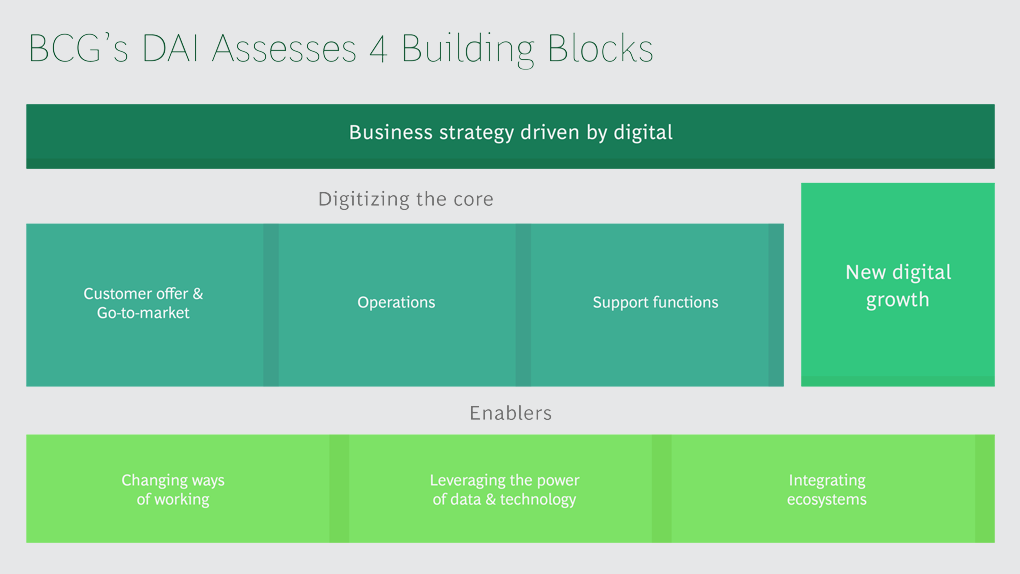
BCG Digital Acceleration Index
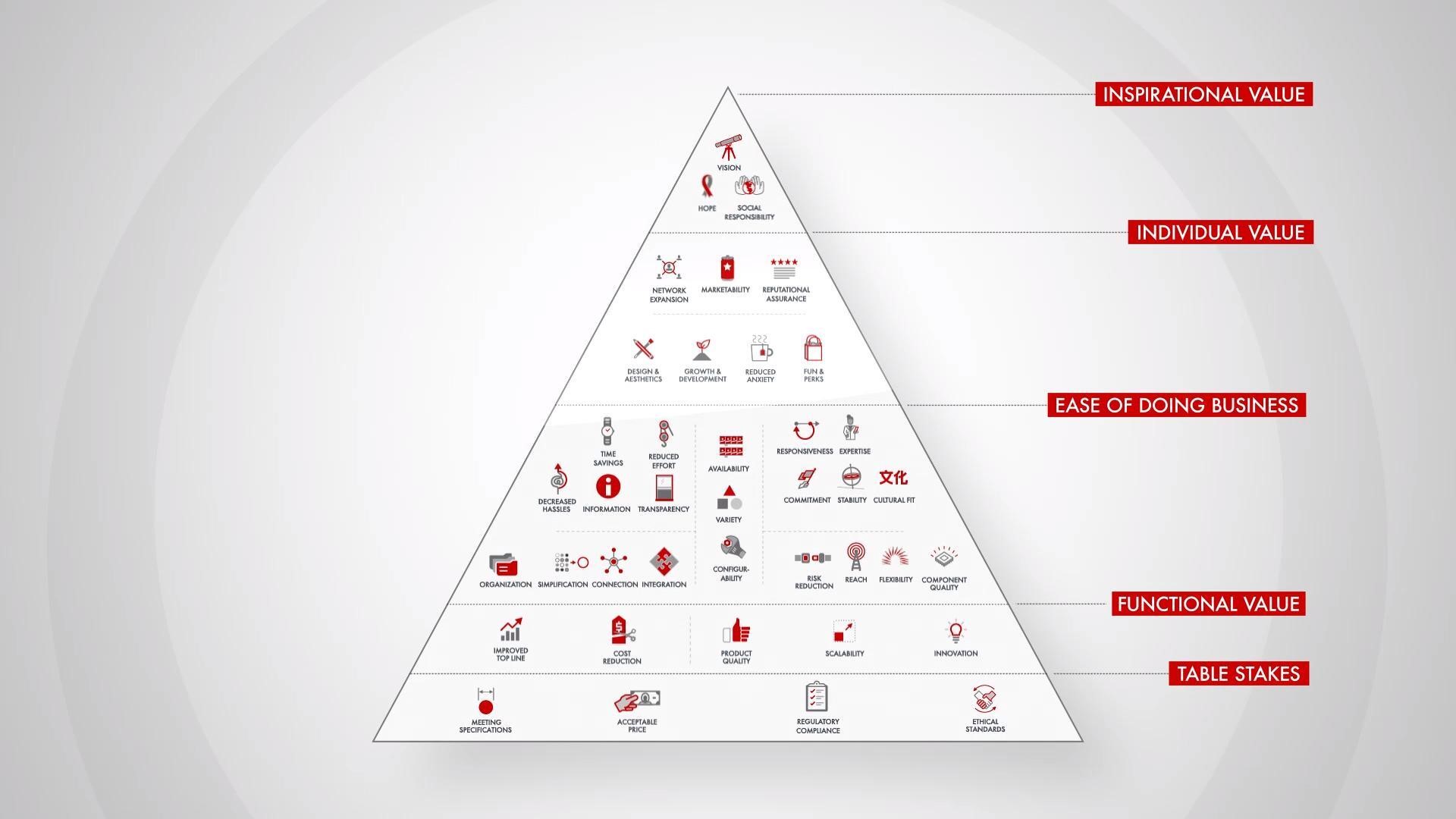
Bain’s Elements of Value Framework
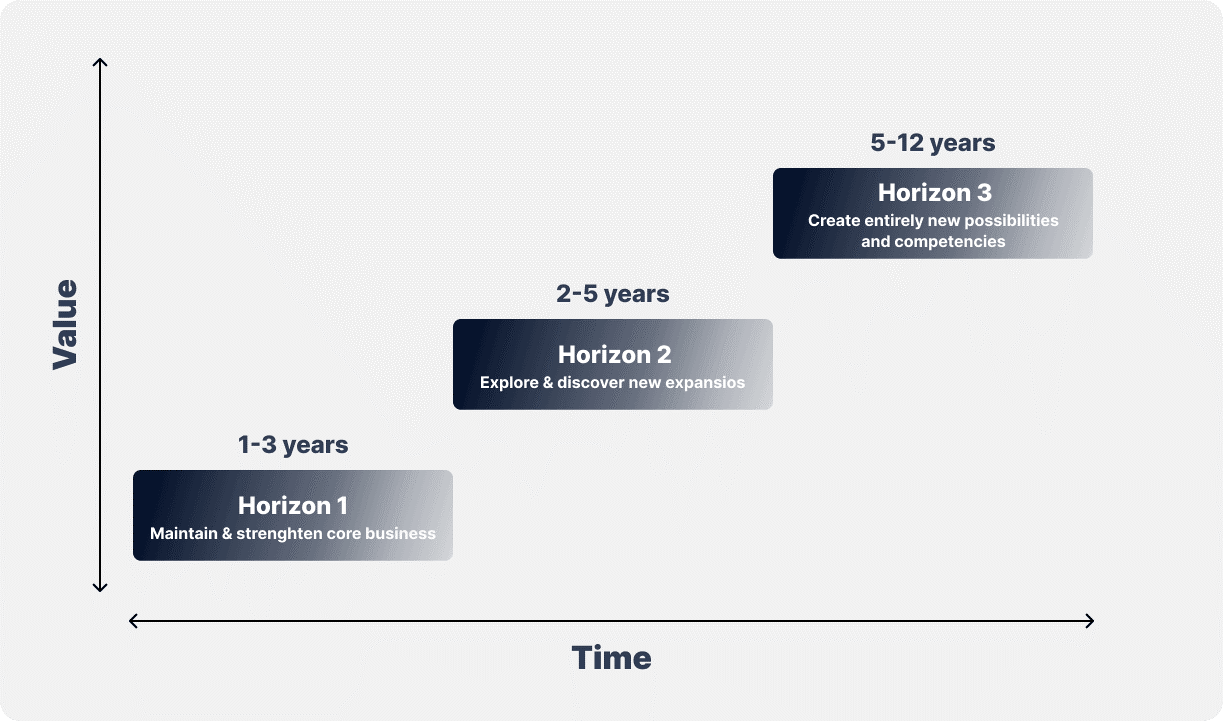
McKinsey Growth Pyramid
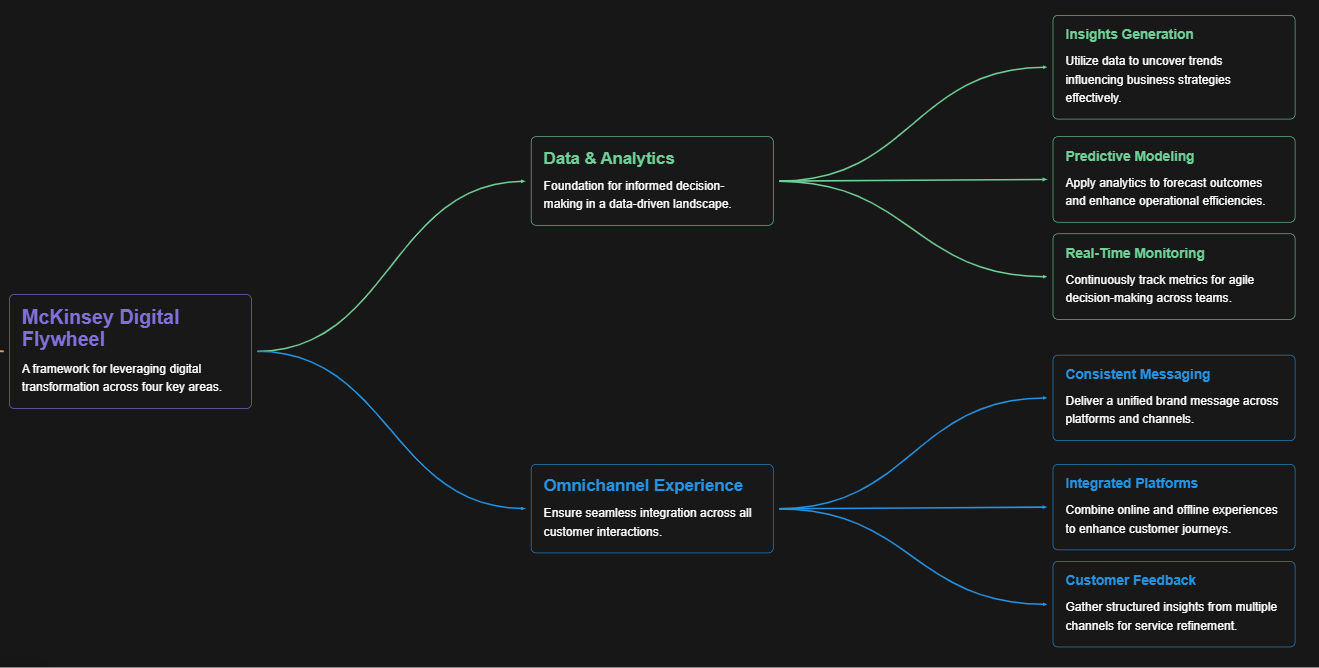
McKinsey Digital Flywheel
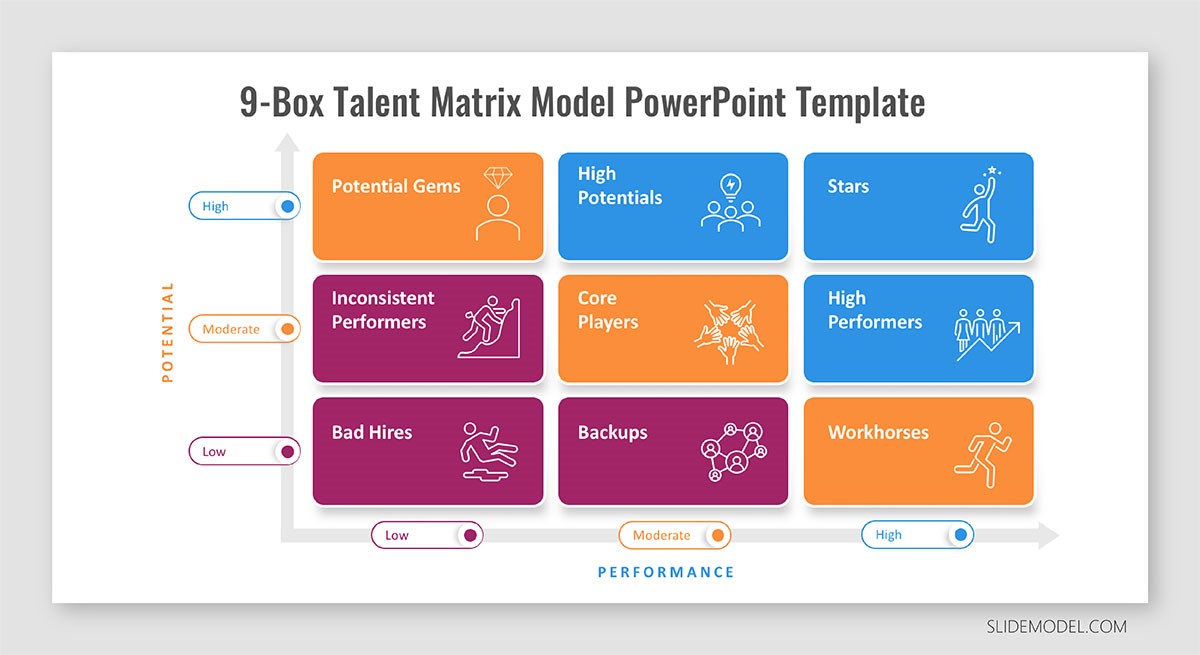
McKinsey 9-Box Talent Matrix
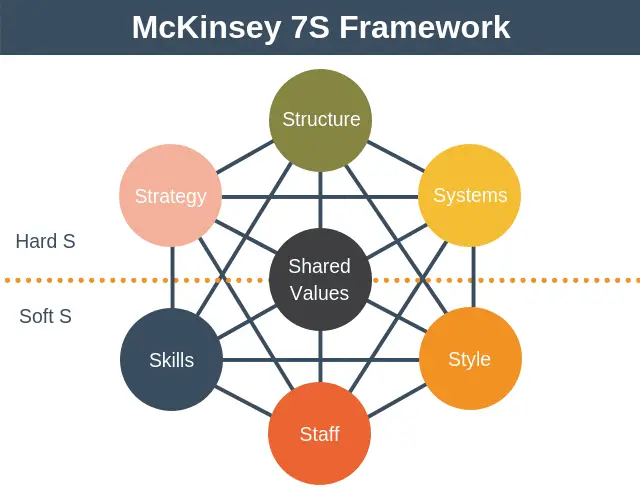
McKinsey 7S Framework
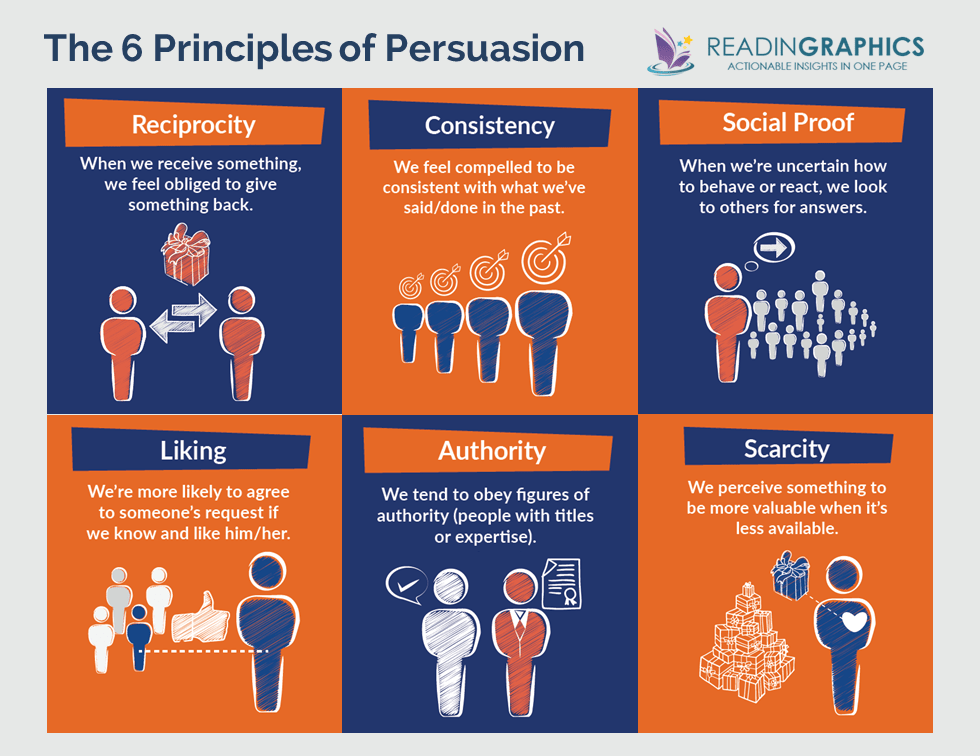
The Psychology of Persuasion in Marketing
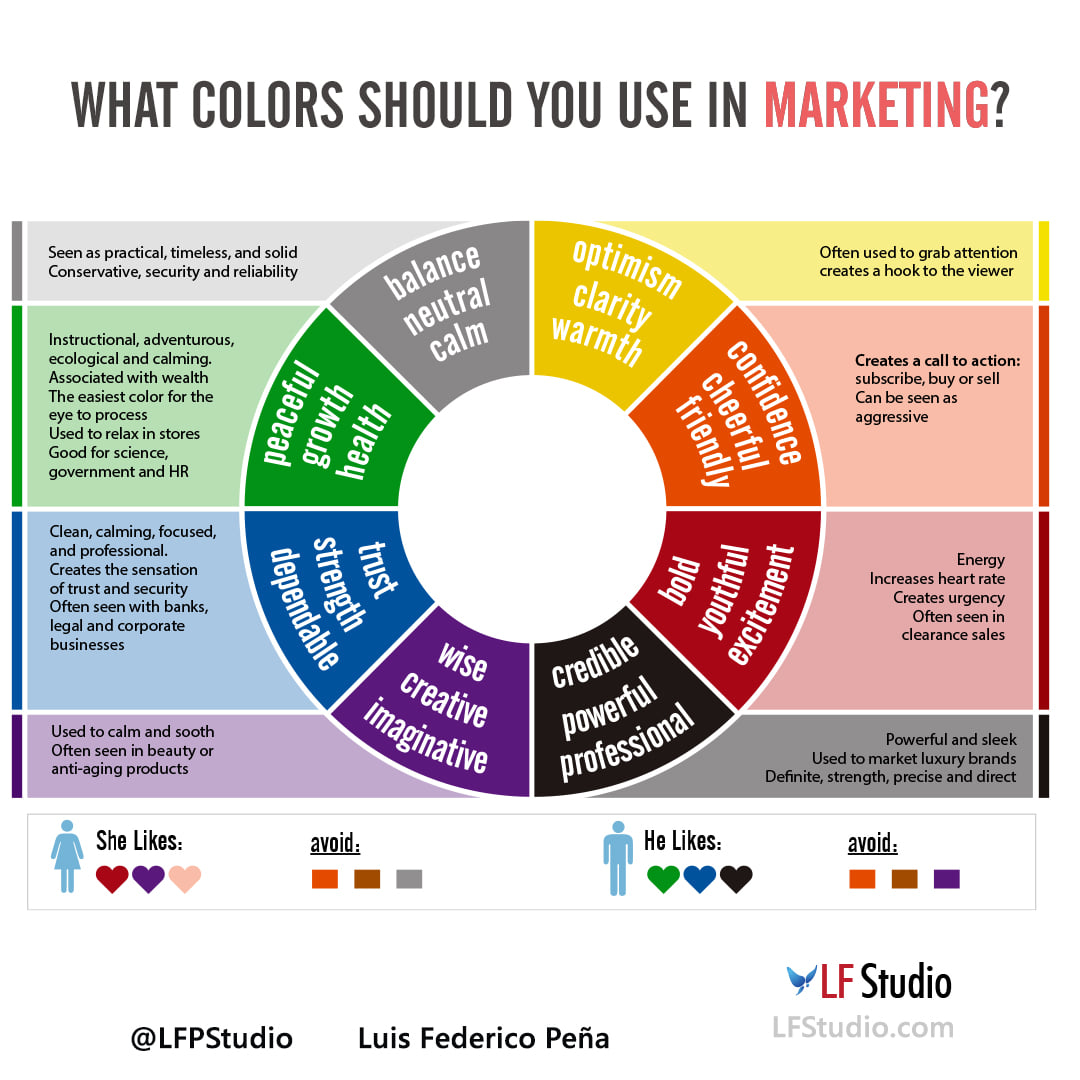
The Influence of Colors on Branding and Marketing Psychology






